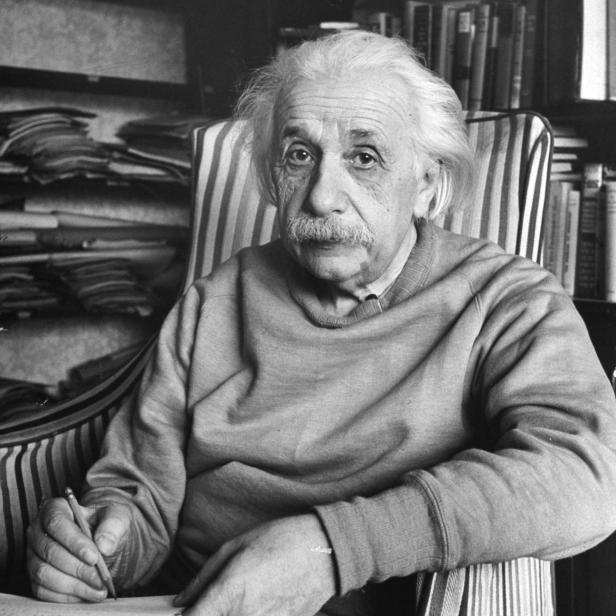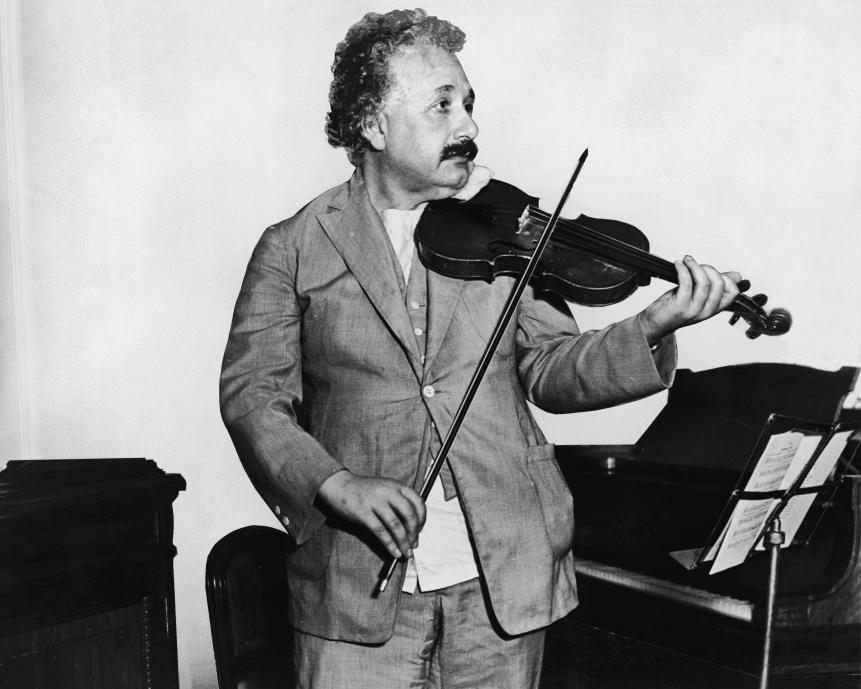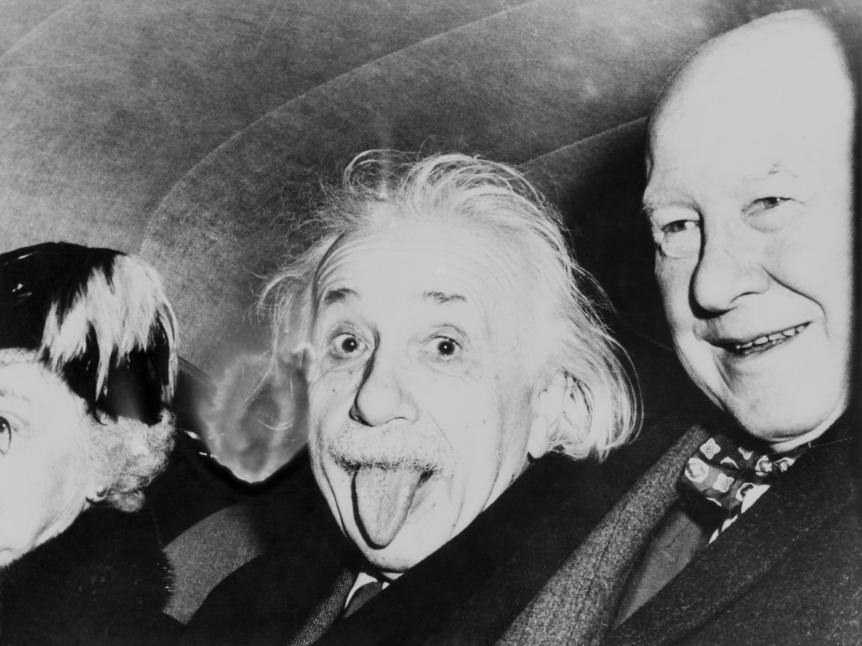
Alfred Eisenstaedt
4 Little Known Facts About Albert Einstein
March 14th isn't just Pi Day, it also happens to be Einstein's Birthday.
It's officially Einstein's Birthday, which also happens to be Pi Day. There's a lot you may think you know about Albert Einstein, but think again. Here are 4 facts that might surprise you.
1. He played the Violin.
Einstein once resisted playing the violin, which was brought to his attention by his mother, an accomplished pianist. When he turned 13 years old, he started to appreciate the music of Mozart, which built his passion for the instrument. He played the violin until the last few years of his life.

Hulton Archive
2. He could have been President Einstein.
He could have been the second President of Israel, but declined the offer in 1952 at the age of 73. Einstein stated that he lacked the “natural aptitude and the experience to deal properly with people.”
3. A solar eclipse helped make Einstein world famous.
Einstein's theory of general relativity which stated that gravitational fields cause distortions in the fabric of space and time remained controversial until May 1919, when a total eclipse provided the perfect condition to test his claim that a supermassive object, the sun, would cause a measurable curve in the starlight passing by. The astronomer Arthur Eddington took a photograph of the eclipse. After analyzing the pictures, he proved that the sun’s gravity had deflected the light by roughly 1.7 arc-seconds. This news made Einstein famous overnight.

Bettmann
4. The FBI spied on him for decades.
Before Hilter rose to power in 1933, Einstein left Berlin to work at the Institute for Advanced Study in Princeton, New Jersey. His support for civil rights and left-wing causes had drawn suspicion from the FBI. The Bureau then launched what would be a 22-year surveillance campaign. His FBI file totalled a whopping 1,800 pages!


















